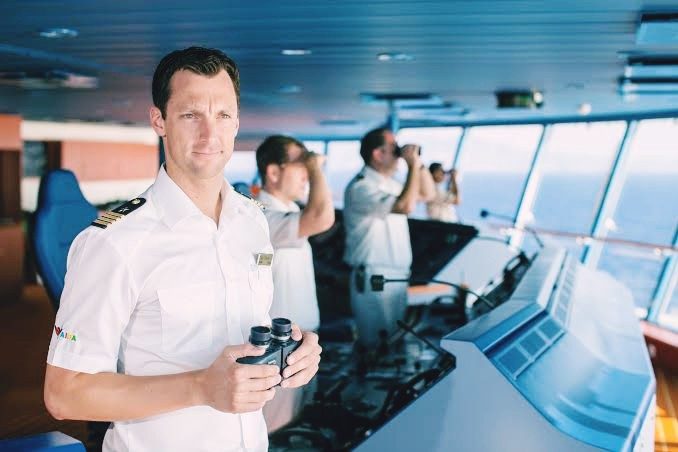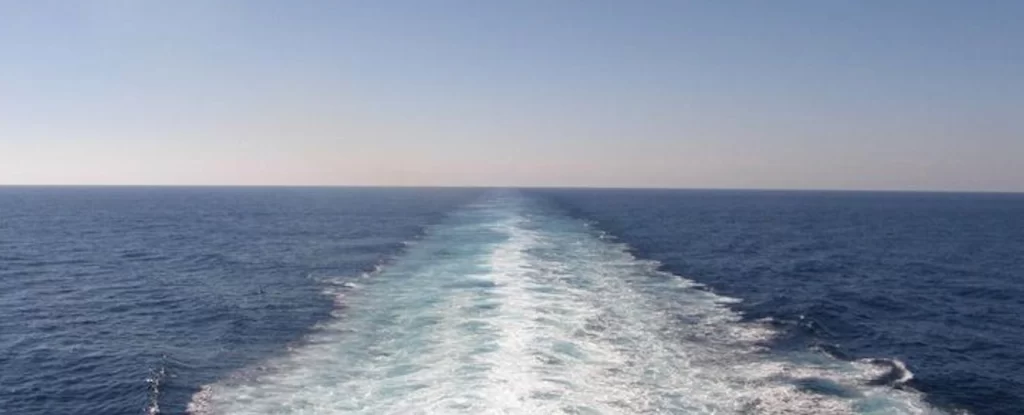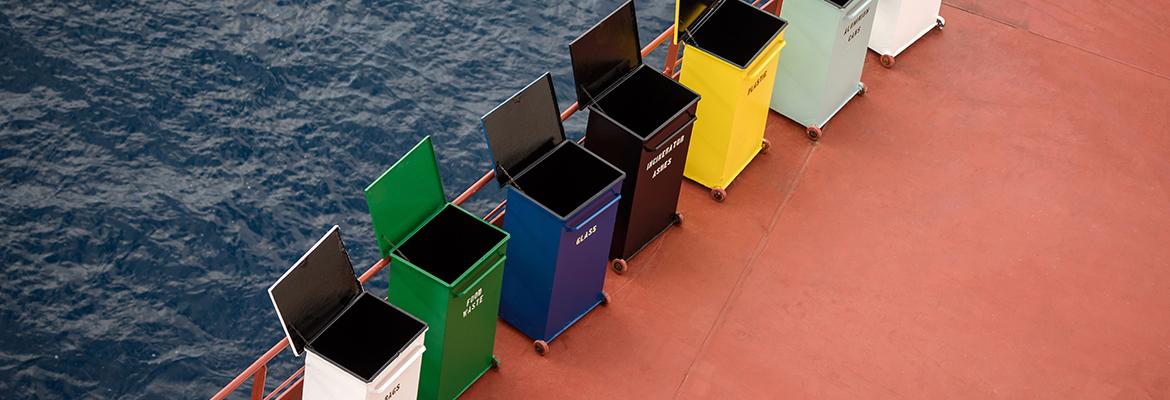
Introduction
Responsibility to Passengers is a concept in maritime law that outlines the duties and obligations that vessel operators have to the passengers they carry. The duties of a vessel owner or operator include informing passengers of the vessel’s safety and operations procedures, making sure that the vessel is in good condition and equipped with the necessary safety equipment, providing first aid and other necessary supplies, and providing a safe voyage. This responsibility applies to all vessels, regardless of size and type, that are in operation.
Who is responsible for explaining proper waste disposal procedures to passengers on a boat?

The vessel operator is responsible for making sure that all passengers are well informed about proper waste disposal procedures on board the vessel. A vessel must pump and depart. The ship has a duty. Current staff should deem the package. The vessel operator should communicate these procedures at the time of departure, and should also maintain records of any waste disposal procedures conducted on board the vessel.
It is no secret that maintaining a solid waste management system is a vital part of the environment. It is necessary for the protection and preservation of natural resources, and the prevention of health hazards. To ensure the correct disposal of solid waste, some countries have implemented restrictions on the disposal of certain types of waste.
Temporary restrictions are often put in place for a specific period, usually for a period of up to 12 months. This allows for the occurrence of a specific event or condition that needs to be addressed. During this time, the authorities may embark on a series of activities that are designed to minimize the amount of waste that is being produced. There is a restriction compartment, that you can equip with a wire. These activities may include law enforcement, marine safety, environmental clearance, and immigration. In addition, first-aid and emergency equipment should be equipped with an emergency shaft and provide proof of immigration clearance. This is done to ensure that the necessary steps are taken to mitigate the occurrence of any potential hazards.
The summary of these activities may also include suitable measures that should be taken to minimize the amount of waste that is being produced. It is also vital to note that the measures taken should be suitable for the occurrence of a particular event or condition.
Which of the following is the responsibility of a boat operator?
A boat operator is responsible for the safety and well-being of the passengers and crew onboard their vessel, and for ensuring that the vessel meets all applicable maritime safety regulations. The operator must designate a captain to be in charge of the vessel and must maintain a valid vessel permit for the vessel. The operator must also ensure that the vessel meets applicable environmental regulations, and must provide a safe and secure voyage for passengers. The procedure of recycling is the conduct of handling and checking the content of the device, regulation, supply, and performance.
One of the most important things you must do as the operator of a vessel is to ensure that you have adequate liability insurance to cover any damages or losses that may occur while you are in operation. There are specific laws that apply to each country or region regarding vessel ownership and operation. Knowing what the local laws are will help you to determine the type and amount of coverage you need.
You should also inspect the vessel at least once every year to make sure that it is in good condition and to reduce the risk of any potential damages or losses. This will also help you to determine if any repairs or modifications that need to be made to the vessel before you begin operating it. Finally, you should take the time to signal at least one other vessel when departing or entering a port.
Which of the following defines wake?

Wake is defined as the wave created by a vessel as it passes through the water. Wake can be hazardous to smaller vessels or other vessels in the vicinity, and should be minimized whenever possible.
When the vessel leaves port, the coast guard will also be responsible for monitoring the vessel’s movements, checking that it is adhering to all regulations, and ensuring that any hazards are avoided. This includes monitoring the vessel’s movements and ensuring that it is not entering any waters that may be a hazard to the vessel or its passengers. Additionally, the coast guard will be responsible for monitoring the craft for any potential violations of regulations, including any unauthorized personnel or cargo.
Finally, the coast guard must ensure that the vessel is properly moored at the pier or harbor and that all regulations are followed during its stay. This includes ensuring that any hazardous devices, such as anchors, are properly secured and that all passengers are properly accounted for and securely held aboard the vessel. By following these procedures and regulations, coast guard personnel can ensure that passenger’s vessels are handled properly and that all hazards are avoided.
Tips
- When planning a voyage, the vessel operator should always review the local, state, and federal laws that apply to the vessel.
- The operator should also review the applicable weather conditions, vessel traffic, and other vessel safety regulations. The operator may begin preparation, including mooring.
- Furthermore, the operator should consider the safety precautions that should be taken before departure and should ensure that the vessel is properly equipped for the voyage.
- Having a pre-departure checklist helps you ensure that you have packed all of the necessary items and have accounted for all possible scenarios.
Warnings
- When operating a vessel, the operator must ensure that all passengers adhere to the vessel’s safety and operation procedures. The operator must also ensure that everyone on board the vessel is aware of the potential risks of operating the vessel, and must provide adequate safety and emergency equipment for everyone on board. Furthermore, the operator must make sure that the vessel is equipped with the necessary fuel, supplies, and devices for the voyage.
- The stow operator must confirm that the vessel is properly moored before allowing it to proceed with its voyage. This includes confirming that the vessel is securely moored, that the mooring line is tensioned, and that all other necessary checks have been completed. Additionally, the operator must be able to safely escort the vessel out of port. They must also be able to inspect and dispose of any damaged mooring equipment that may have been affected by the storm.
- Overall, the stow operator is an essential member of the crew responsible for ensuring the safe and efficient mooring of the vessel. They must be well-versed in the mechanical and operational requirements of mooring, as well as be able to respond to any potential storms or hazards that may arise during the process. By adhering to these standards, the stow operator is essential in helping to keep the vessel safe and secure while in port.
Conclusion
Responsibility to Passengers is an important concept in maritime law that outlines the duties and obligations that vessel operators have to their passengers. The operator must ensure that the vessel is equipped with the necessary safety equipment, provide a safe and secure voyage, and properly inform passengers of the vessel’s safety and operation procedures. Furthermore, the operator must maintain records of any waste disposal procedures conducted on board the vessel and must adhere to applicable maritime laws and regulations.
who is responsible for explaining proper waste disposal procedures to passengers on a boat?who is responsible for explaining proper waste disposal procedures to passengers on a boat?who is responsible for explaining proper waste disposal procedures to passengers on a boat?who is responsible for explaining proper waste disposal procedures to passengers on a boat?who is responsible for explaining proper waste disposal procedures to passengers on a boat?who is responsible for explaining proper waste disposal procedures to passengers on a boat?who is responsible for explaining proper waste disposal procedures to passengers on a boat?who is responsible for explaining proper waste disposal procedures to passengers on a boat?who is responsible for explaining proper waste disposal procedures to passengers on a boat?who is responsible for explaining proper waste disposal procedures to passengers on a boat?who is responsible for explaining proper waste disposal procedures to passengers on a boat?who is responsible for explaining proper waste disposal procedures to passengers on a boat?who is responsible for explaining proper waste disposal procedures to passengers on a boat?who is responsible for explaining proper waste disposal procedures to passengers on a boat?who is responsible for explaining proper waste disposal procedures to passengers on a boat?who is responsible for explaining proper waste disposal procedures to passengers on a boat?who is responsible for explaining proper waste disposal procedures to passengers on a boat?who is responsible for explaining proper waste disposal procedures to passengers on a boat?who is responsible for explaining proper waste disposal procedures to passengers on a boat?who is responsible for explaining proper waste disposal procedures to passengers on a boat?who is responsible for explaining proper waste disposal procedures to passengers on a boat?who is responsible for explaining proper waste disposal procedures to passengers on a boat?who is responsible for explaining proper waste disposal procedures to passengers on a boat?who is responsible for explaining proper waste disposal procedures to passengers on a boat?who is responsible for explaining proper waste disposal procedures to passengers on a boat?who is responsible for explaining proper waste disposal procedures to passengers on a boat?who is responsible for explaining proper waste disposal procedures to passengers on a boat?who is responsible for explaining proper waste disposal procedures to passengers on a boat?who is responsible for explaining proper waste disposal procedures to passengers on a boat?who is responsible for explaining proper waste disposal procedures to passengers on a boat?who is responsible for explaining proper waste disposal procedures to passengers on a boat?who is responsible for explaining proper waste disposal procedures to passengers on a boat?who is responsible for explaining proper waste disposal procedures to passengers on a boat?who is responsible for explaining proper waste disposal procedures to passengers on a boat?who is responsible for explaining proper waste disposal procedures to passengers on a boat?who is responsible for explaining proper waste disposal procedures to passengers on a boat?who is responsible for explaining proper waste disposal procedures to passengers on a boat?who is responsible for explaining proper waste disposal procedures to passengers on a boat?who is resp

